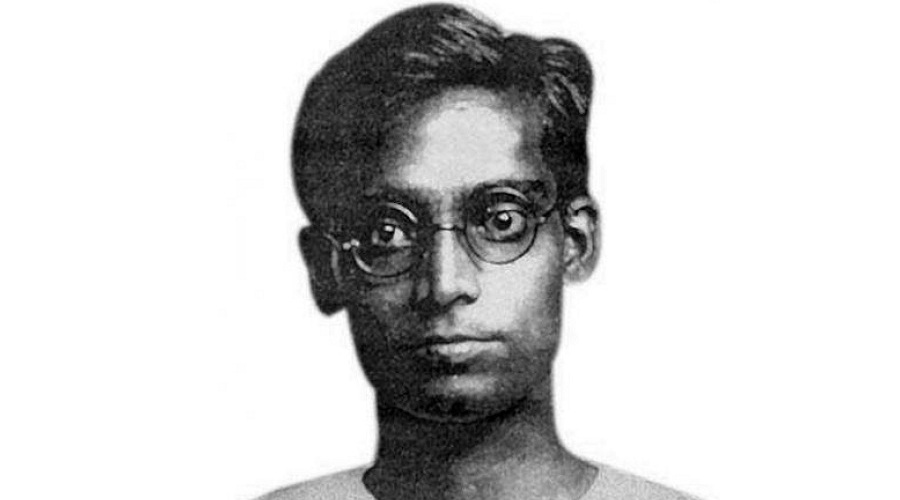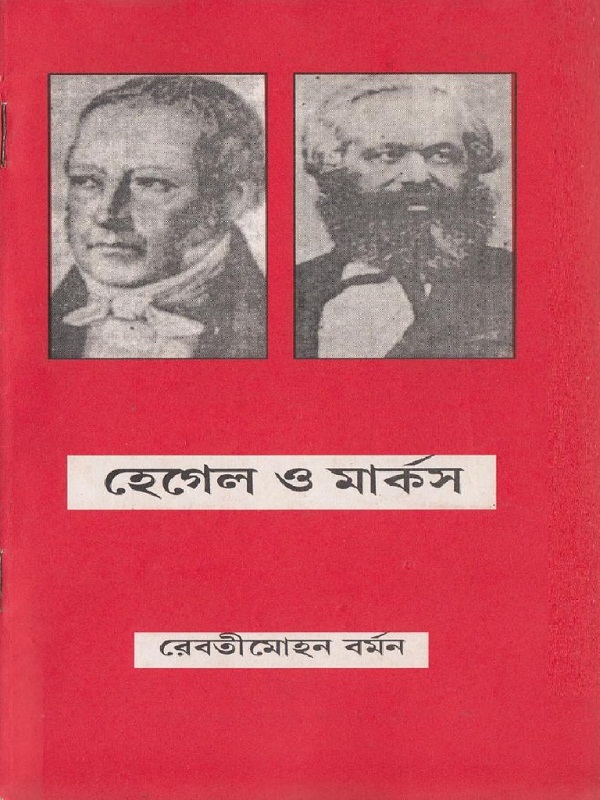Remembering Comrade Rebati Barman

Comrade Rebatimohan Barman (1903/05 – 6 May 1952) was a full-time organiser of the undivided Communist Party of India and a communist intellectual. Comrade Barman was born in a family of legal practitioners and died from leprosy, a disease of the poor, contracted in prison.
Comrade Barman’s political life had begun in the revolutionary nationalist fold. The mass upsurges from below made him recognise and reject the proprietor class positions embodied within anti-colonial nationalism. He connected imperialism, like many freedom-fighters of his generation, with class exploitation and advocated a decolonised future free from the rule of private property-holders of all descriptions. He translated Marx and Engels into Bangla. His abridged version of Capital (178 pages) and The Origin of the Family, Private Property and the State remain with us as Marx turned 202 and Engels turns 200 this year. Rebati Barman’s ‘Kepitel’ was published in 1938 by Barman Publishers, an enterprise he was associated with. This abridged edition appeared ten years after the first translation of Capital in Bangla by an anonymous lawyer from Dinajpur, who kept his identity hidden to evade tight colonial censorship. The left authors and translators surmounted enormous practical difficulties as racialised subjects of direct imperialist misrule; the best book to be consulted on them is Pradosh Kumar Bagchi, Bangla Bhashay Samyabad Charcha: Grantha Samgraha o Parichay (1921–2006) (‘Communism in Bengali Language: Books published between 1921 and 2006’, with annotations; Kolkata: National Book Agency, 2010). This rigorous work is a departure from the usual ‘intellectual histories’ of communism/Marxism which suffer from Eurocentricism, anti-left prejudice and are often superficially researched.
Comrade Barman is read by communist activists of various denominations. He is well known, even among lay readers, as the author of Samaj o Sabhyatar Kramabikash (‘Development of Society and Civilisation’); this book was one of the earliest Marxist historical readings in Bangla on the role of class struggle in shaping human society. Rebati Barman’s Samaj o Sabhyatar Kramabikash was included in the history undergraduate reading list by teachers of Calcutta University. Other institutions would do well to create a book repository in Bangla that includes works by him and others. This will help students at the lower end of the linguistic and social apartheid. Comrade Barman knew what private property and class hatred looked like inside out; they continue to mutate through forms of viciously reproduced unequal relationships, double-standards of the public sphere, civil society and middle-class fractions, advocacy of empire-building and hypocrisy of the ruling classes.
To commemorate his birth centenary, the National Book Agency, which he established alongside Muzaffar Ahmad and other early communists, published an anthology edited by Comrade Arun Chaudhury in 2006—Comrade Rebati Barman Smarane. Though right-wing academics and intellectuals have studiously avoided these commemorations by communists of communist lives, the book offers a portrait of Comrade Barman and the social humanity he represented from the perspectives of those who knew him. At a time when peasants and workers are being pauperised and torn apart by the material-ideological offensives of proprietor classes and the advocates of mainstream thinking deny that classes exist in society, it is crucially important to read this anthology and understand the principles of class struggle and class differentiations cutting across ‘community’ lines which Comrade Barman and others unambiguously upheld.

Cover of Comrade Barman’s Hegel o Marx.
We are connected by so many lives that have changed ours. Comrade Benoy Chowdhury (1911–2000) also died on 6 May. He must have read Comrade Barman’s works on the peasant question. He must have also cherished Comrade Barman’s Hegel o Marx. The title had reminded me of Anupam Tribedi, the doomed protagonist of Jibanananda Das’s poem whose ears were pulled in opposite directions by these two. Purchased in autumn 1996 from a make-shift red bookstall on Jadavpur pavements, this little book was mine for a few months. Someone (I cannot recall the person) socially appropriated it. I hope the comrade who took it went on to read more.
☭ ☭ ☭
Also see:
Communist Histories, Volume 1, ed. Vijay Prashad
History of the Communist Movement in India, Vol-I, The Formative Years 1920-1933, Harkishan Singh Surjeet
No Free Left: The Futures of Indian Communism, Vijay Prashad
All images including featured image courtesy Suchetana Chattopadhyay.
